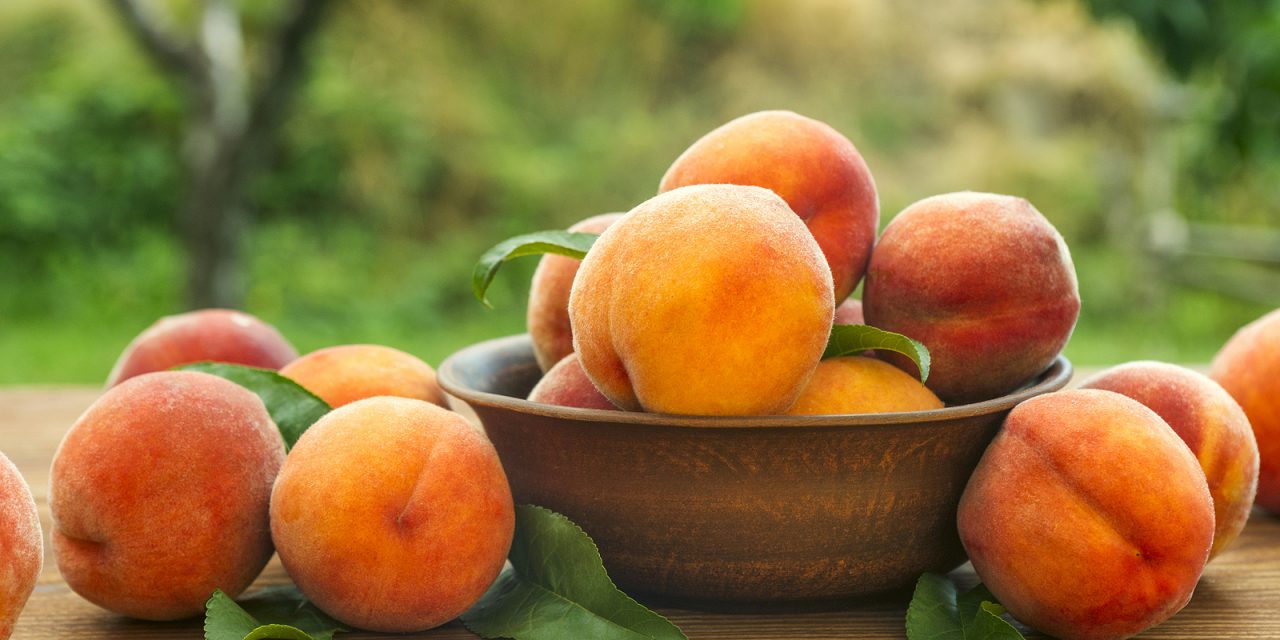I’ve noticed that some of the peach growers in Oklahoma have been making online announcements (and apologies) to their customers about this year’s upcoming peach season or the lack thereof. They are reporting this year’s peach crop will be either very small or nonexistent due to our devastating, late spring freeze.
One site said, “Due to the late freeze, this year’s crop is a total loss.”
In central Oklahoma, Zone 7, peaches typically do well, but occasionally we do get hit with a late freeze, and, like this year, we end up with no peaches. If you like peaches and hope to grow them, there are some things you can do to give yourself a better chance of succeeding. One is choosing the site carefully in which your peach trees will be planted, and another is selecting the best varieties for our area. Unfortunately, hindrances such as weather-related incidents are simply out of your control.
Before you invest in planting peach trees, be sure to do your research. Take a little extra time to educate yourself. It can make the difference between success and failure.
Many gardeners are not sure where to find the reliable information they need for a specific crop, so when it comes to peaches, I would like to help you. Over the years, Oklahoma State University, along with other professional entities such as the Noble Foundation and the Kerr Center for Sustainable Agriculture have conducted many plant trials. Each year they publish their results, so that everyone from commercial producers to novice gardeners can benefit from their work.
To read the best compilation of peach tree information for Oklahoma, you can refer to these two pages: Planting and Early Care of the Peach Orchard and Apple and Peach Varieties for Oklahoma. With this information in hand, you should be able to make a really good plan and establish peach trees that are well-suited for your yard.
Many people (including me) would argue that peaches are the best fruit EVER! They embody all the flavor of summer and are eagerly anticipated. It is a huge disappointment when occurrences cause statewide loss of an entire crop, but natural disasters do occur. We can purchase the best trees, plant them in the ideal spot, take excellent care of them, do all the work, and in one night, lose all of their fruit due to an untimely freeze.
It reminds me of the story of Job. Clearly, Job was not a stranger to hard work. The Bible tells us that he had a large family, thousands of animals and many servants. He ran a big operation. As the story goes, in one day, he lost it all, and his loss was much greater than losing a peach crop. In total despair, Job’s wife approached him told him to curse God and die. Listen to his response: “But he said to her, “You are speaking as one of the foolish women speaks. Shall we actually accept good from God but not accept adversity?” (Job 2:10).
What an amazing question! Job was saying that being willing to only accept the good things from God is a foolish way to think and talk. It’s interesting that the definition of acceptance means to “give consent to receive a thing that is offered or to believe or come to recognize something as valid or correct.”
Is your heart in a place to give consent to receive something even if it’s not good and out of your control? Are you willing to recognize that when something bad happens that it could possibly be valid or correct even when it feels tragic?
Of course we should work, plan and pray for good things. But over the years, I’ve come to understand that not all bad things end up bad, and not all losses are total losses. Beauty can rise from the ashes, and overcoming adversity makes the good times, and the peaches, even sweeter.
“And we know that God causes all things to work together for good to those who love God, to those who are called according to His purpose” (Rom. 8:28).





